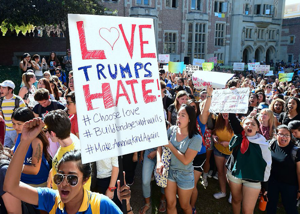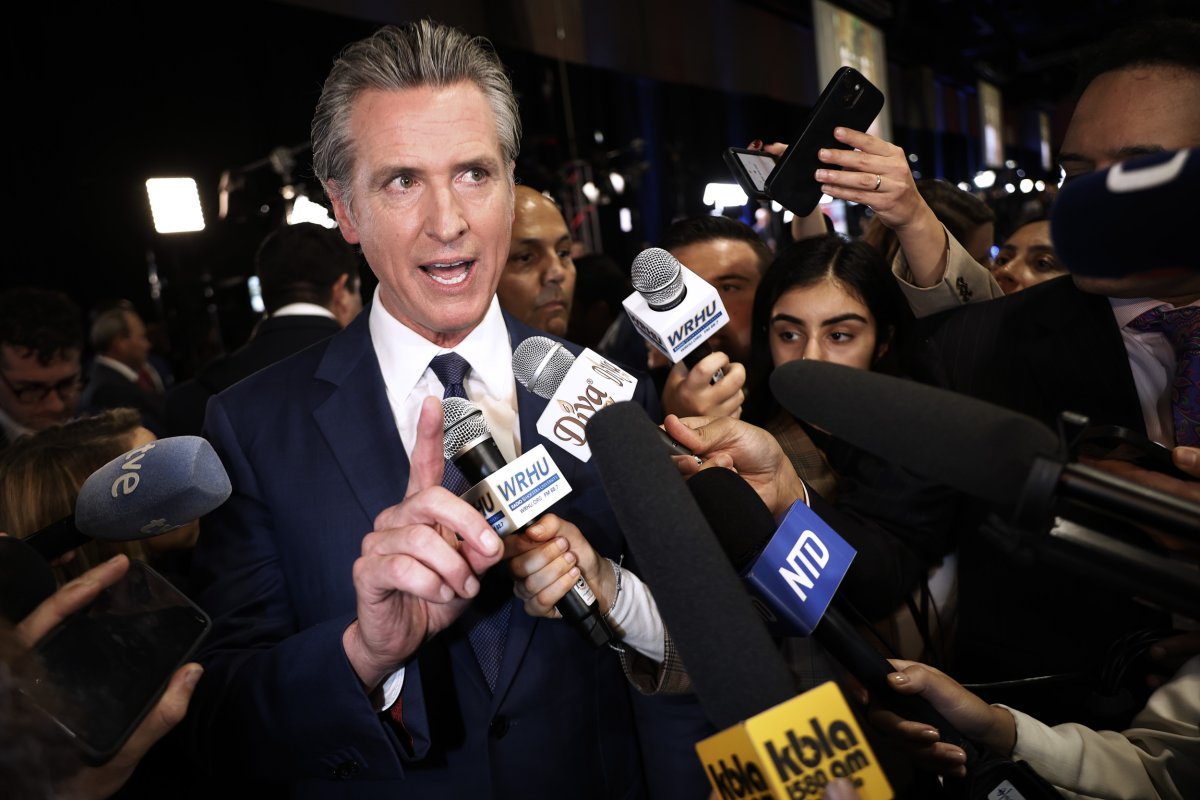
“If you want to feel 10 feet tall and as though you could run 100 miles without stopping, hate beats pure cocaine any day,” Kurt Vonnegut Jr. once said. “It is a tragedy, perhaps, that human beings can get so much energy and enthusiasm from hate.
” The Hoosier literary legend told this to the graduating class of the State University of New York at Fredonia in 1978. His timeless words were captured in the 2013 book, “If This Isn’t Nice, What Is?: Advice to the Young,” which shared nine of his speeches to graduates across the country. I read the book during my vacation and it was pure Vonnegut, one of the most influential and satirical authors of the 20th century.

His novels have educated generations of readers while revealing truths about the human condition. “As a member of a zippier generation, with sparkle in its eyes and a snap in its stride, let me tell you what kept us as high as kites a lot of the time: hatred,” Vonnegut told grads. “All my life I’ve had people to hate — from Hitler to Nixon, not that those two are at all comparable in their villainy.
” I’ve also had people to hate in my life, though most of them have names you wouldn’t recognize. The first person I can recall hating was a boy named Larry at my junior high school. He was a bully who intimidated anyone who got in his way.
I did my best to stay clear of him but there were times our paths crossed. “Get out of my way, BOY!” he barked to me. Larry seemed like a man among boys, even at age 15.
I hated everything about him. For years. It was only later in life I learned that Larry was a troubled boy raised by abusive parents in a hostile home.
My hate for him eventually melted away like a dropped Popsicle on a hot sidewalk. That’s the thing about hate. It comes and goes in our lives but hijacks our emotions every time.
Most of us need a villain to hate. It could be a schoolmate, a neighbor, an ex-spouse or a political leader. It doesn’t matter if they’re still in our lives or not.
Our hate for them lingers in our mind. And poisons our soul. Listen now and subscribe: Apple Podcasts | Google Podcasts | Spotify | Stitcher | RSS Feed | SoundStack | All Of Our Podcasts “I hate gays and so should you,” the Rev.
Fred Phelps told me when I first met him. The notorious “God Hates Fags” reverend from Westboro Baptist Church in Topeka, Kansas, was preparing for his church’s first protest in Northwest Indiana in 1997. Phelps, who had preached against homosexuality since he was ordained at 17, was consumed by hate.
“Hate is as American as apple pie,” he told me that day. Fast forward to 2024 and America the Hateful is a raging inferno of blind outrage, fueled by primal fear and stoked by online algorithms. Our country is becoming increasingly poisoned by free speech anger and incentivized by digital clicks, artificial intelligence and old-fashioned ignorance.
“Hitler resurrected a beaten, bankrupt, half-starved nation with hatred and nothing more. Imagine that,” Vonnegut told grads in one of his speeches. Our species has a history of cult leaders who’ve attracted radically devout followings despite obvious red flags to observers.
Cult leaders fascinate me. Not for who they are but for who they attract and why. Hate is the currency that bankrolls their efforts.
Imagine that. Historically, hate infects generation after generation. It especially seduces younger people with the allure of a purposeful life.
Hate continually needs new recruits to keep it marching into the future. This scenario played out in my city earlier this year when a troubled young man stood on a downtown street corner wearing an all-black military outfit, helmet, mask and gloves. He hoisted a handmade sign with a swastika and the words, “ KEEP THE REGION WHITE .
” Fortunately, he was personally confronted and publicly mocked. Vonnegut hoped that new younger generations of educated or enlightened Americans would counter such demonstrations of hatefulness. “The members of your graduating class are not sleepy, not listless, not apathetic,” he told grads.
“They are simply performing the experiment of doing without hate. They have sensed correctly that hate, in the long run, is about as nourishing as cyanide.” This is true and yet we continue to drink it like Kool-Aid.
It taps into our primal instincts. Look around at people in your daily orbit, or in your own family, or on your social media sites. Or possibly in your bathroom mirror.
You’ll find glimpses of hate looking back at you with a self-righteous sneer..










